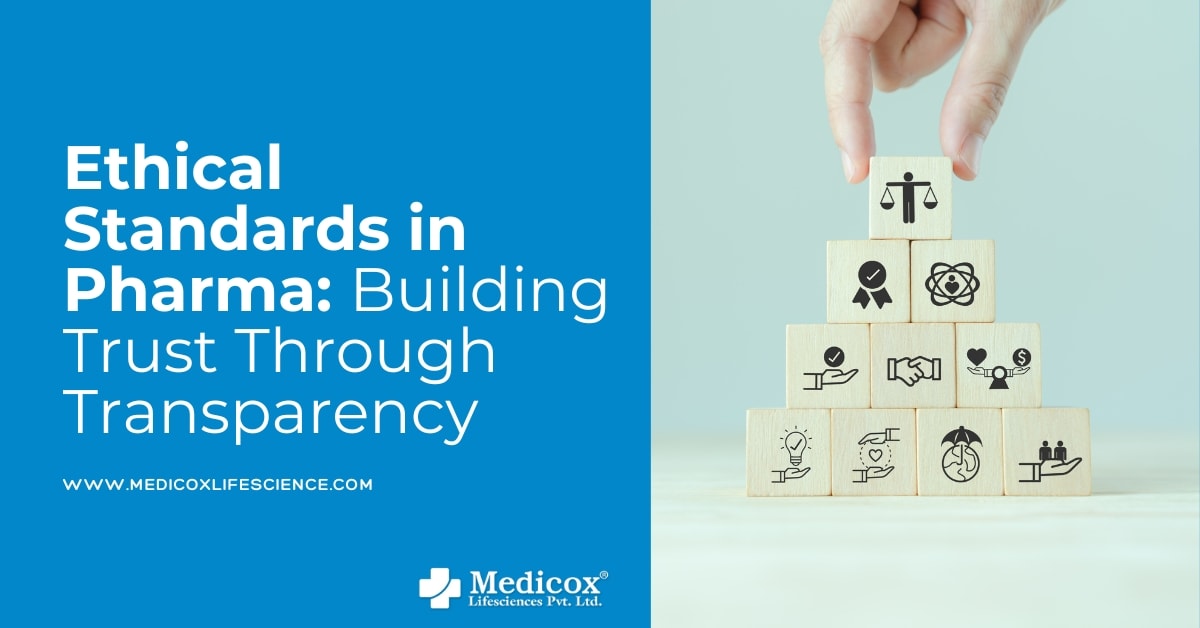 Regulations Regulations
Regulations Regulations Ethical Standards in Pharma: Building Trust Through Transparency
Welcome back to my blog! Today, I’m diving into a really important topic—ethical standards in the pharmaceutical industry. Now, I know what you might be thinking: 'Ethics? In Pharma? Really?' But stick with me because this is crucial. It's about building trust through transparency. Let me explain why this matters.
Why Ethics Matter in Pharma
First things first, let’s think about why ethics matter in Pharma. Every day, we depend on medications and treatments that could change our lives. Whether it's managing a chronic illness or recovering from surgery, we trust that these products are safe, effective, and developed ethically. But that trust sometimes gets shaky.
We've all heard stories about drug companies putting profits over patients, like the opioid crisis and price gouging for essential medications. These events have a real impact. They not only harm individuals but also tarnish the reputation of the entire industry. So, what can we do to fix this? That’s where ethical standards come into play.
Understanding Ethical Standards
Ethical standards are like a code of conduct. They help companies ensure that their actions meet societal expectations and regulations. Building trust through transparency means being open about how drugs are developed, tested, and marketed. And yes, it’s about more than just following the law; it’s about doing the right thing, even when no one is watching.
The Impact of Transparency
Research shows that companies that practice transparency in clinical trials see a positive impact on their reputation. For example, providing detailed information about trial processes and results can increase public trust. People feel safer knowing that they have access to complete and honest information about what they’re taking.
Better Outcomes Through Informed Choices
But here’s the kicker: transparency doesn’t just build trust; it also leads to better outcomes. When patients and healthcare providers are informed, they can make better choices. Imagine you’re discussing treatment options with your doctor. If you have detailed information about a medication's clinical trial results, side effects, and effectiveness, you're empowered to make decisions that suit you.
Plus, when patients feel heard and informed, adherence to treatment regimens improves. This means patients are more likely to stick with their medication plans. And that is a win for everyone—better health outcomes for patients and reduced healthcare costs.
Accountability in Pharma
Now, let’s talk about accountability. It's essential for companies to be held responsible for their actions. Ethical standards mean that companies must report negative results from trials and not just the positive ones. If they misrepresent data or hide side effects, they should face the consequences.
Leading voices in Pharma agree: accountability fosters a culture of trust. And don't forget about the role of regulatory bodies! Organizations like the FDA and EMA work to ensure companies comply with ethical standards, but we—consumers—also have a voice. Our demand for transparency can drive change.
Conclusion
So, to wrap it all up: ethical standards in Pharma are not just necessary; they’re essential. By advocating for transparency, demanding accountability, and staying informed, we can all contribute to building trust in this industry. It’s time we expect better and hold companies accountable.
If you found this blog informative, don’t forget to share your thoughts! How do you think we can improve transparency in Pharma? Let’s chat in the comments!
GO BACK
Partner with MEDICOX Lifescience Today
Join as a partner, dealer, or distributor to deliver quality healthcare solutions across India.
Get in Touch

